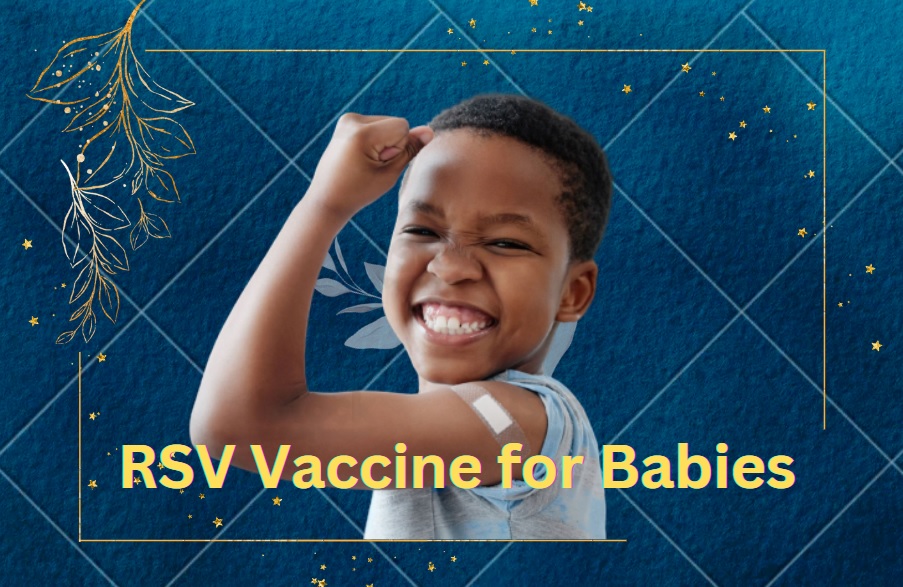For the potentially fatal condition, the CDC included a vaccination for the pediatric immunization regimen.
RSV may only be cold for the majority of those who contract it, but it can be fatal for infants. Thankfully, there is now a vaccine that can protect young children, and the CDC’s advisory group suggested that all newborns under the age of eight months receive a dose of it at the start of the RSV season (often in the fall—so similar timing to a flu shot. What you need to know about the new vaccine is provided here.
What is RSV again?
Runny nose, coughing, and sneezing are just a few of the cold-like symptoms brought on by RSV, or respiratory syncytial virus. That’s usually the extent of it for most individuals; you could have had RSV without ever realizing it.
However, the virus can prove fatal for elderly people and those with compromised immune systems. Babies, especially preemies, and newborns under six months old, are particularly at risk from it. (We have an explainer about the virus and its rise here.) This past winter witnessed a spike in RSV cases.
What precisely is the new RSV vaccine for infants?
The RSV vaccine for infants is actually nersevimab (marketed under the name Beyfortus), a monoclonal antibody that offers protection for several months. Unlike most vaccines, this one merely administers the antibodies without stimulating the body to manufacture its own.
The infant’s immune system doesn’t need to do anything to develop passive immunity, making this the first “passive” vaccine on the childhood vaccination schedule. Antibodies that babies obtain from nursing and from placental blood before birth give them passive immunity to various diseases. Babies receiving antibodies passively is nothing new or unusual; this is simply the first time they can be given regular immunization.
Although antibodies are more expensive than the majority of vaccines, insurance plans are required to cover immunizations given according to the recommended schedule for children. Through the government’s Immunisations for Children program, your child can still receive their immunizations (including RSV) for free even if they don’t have insurance or if it doesn’t cover them for some other reason. Children who qualify for Medicaid or who are American Indian or Alaskan Natives are also eligible for free vaccinations under this program.
According to CNN, insurance companies will pay $495 for the vaccine, while the Vaccines for Children program will only pay $395. Parental out-of-pocket expenses are zero.
Who needs the new RSV vaccine for infants?
All infants under the age of eight months who were either born during the RSV season or who are under the age of eight months at the start of the RSV season should receive the vaccine. (The season, which generally lasts from around October to March but may occur at different dates depending on the year and where you are,) This year’s RSV season is anticipated to begin when the vaccination becomes available.
If a kid is between the ages of 8 and 19 months and is at high risk for problems, such as a child who is extremely immunocompromised, they should still receive a dose of the vaccination the following year.
Two RSV vaccines for adults were also authorized earlier this year for those over 60. The CDC said that individuals who may benefit from receiving this vaccine include “adults with chronic heart or lung disease, adults with weakened immune systems, and adults living in nursing homes or long-term care facilities.”

